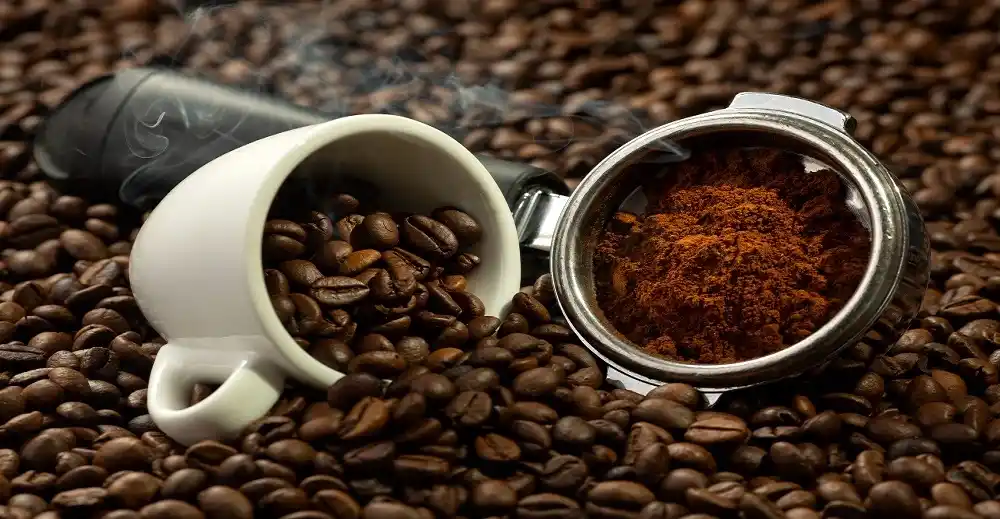Apiculture Market – Managing the Bees

Apiculture is defined as the management of the bees to extract honey and beeswax from their beehives by using commercial and scientific techniques. Bee colonies are maintained by the cultivators to obtain honey and honey-based products such as royal jelly, honeydew, propolis, and beeswax. Apiary are place where the beehives are kept and managed for the production of honey, propolis, and wax. Beekeeping was initiated in North America and expanded to Europe further the rising awareness regarding the health benefits of honey is making a popular and healthier choice among the consumers which is expected to augment the apiculture market growth during the forecasted period. For instance, Honey is being increasingly adopted as an alternative to the artificial sweeteners. Apiculture rearing are cost-effective and low maintenance which is increasing the demand for honey and its by-products globally especially in the developing regions.
The report of the Apiculture market is segmented on the basis of product type, application and methods.
Product type is segmented as Honey, Beeswax, Propolis, Live Bees and Others.
Application of the apiculture market is segmented as Food & Beverages, Medical, Cosmetics and Others.
While, the method of the apiculture market is segmented as Traditional Beekeeping and Modern Beekeeping
Some of the players of the Apiculture Market are The Best Bees Company, Mann Lake, Ltd. (Kelley Beekeeping), Dadant & Sons, Inc., Betterbee, Dabur India Limited, Seldom Fools Apiculture, Alveole, Miller Honey Farms, Tiwana Bee Farm, Golden Bees Ltd
The Apiculture market is evaluated at US$8.943 billion for the year 2019 and is projected to grow at a CAGR of 3.02%, reaching a market size of US$ 11.015 billion by the year 2026
Rise in Awareness and Government Initiatives Boosting the Market Growth
Bees are considered to be the world’s most important pollinators, fertilizing 80% of the flowering plants and a third of the food we eat. According to the University of Reading, bees and other pollinating insects have a global economic value of $150 Billion and contribute around $850 million to UK economy every year. In addition, the rising awareness of the benefits associated by the consumption of honey is driving the market demand of the apiculture. According to the National Institutes of Health, honey is rich in antioxidants and have the ability to lower blood pressure, stroke, heart attack and another cardiovascular disease in customers and it states that honey has the ability to reduce LDL cholesterol which is considered bad and to increase HDL cholesterol which is considered good for the body, reducing the risk of heart diseases. The consumers are increasingly getting aware of the health benefits of honey which is expected to lead to surge in the apiculture market during the forecasted period. According to the FAO honey is a quick and convenient source of energy and does not require a complicated digestive process.
The increase in the demand of the apiculture market is also attracting the support of the government across the globe. For instance, The General Assembly to escalate the number of hives approved $125,000 for the Beehive Distribution Program. US provides the grant of $5,000 to $10,000 to the Farmers Market Promotion Program to start an apiary. The support and incentives provided by the government is expected to have a positive impact on the market growth of the apiculture and is projected to propel the market growth during the forecasted period.
Asia Pacific to Hold the Major Share
The apiculture market by region is segmented into North America, South America, Europe, Asia-Pacific, Middle-east, and America. Asia Pacific region is expected to hold the major share of the apiculture market primarily due to the rising awareness of the benefits of honey in the region. The high demand is majorly from countries such as India and China. Lack of honey production in the developing nation is leading to increased dependency on Asian countries for honey imports. China is the leading producer of honey globally which is further propelling the market growth of apiculture in the region. According to FAO, China dominated the global production of honey with a 29% share followed by European Union with 12%. Further, the increasing initiatives by the government for installation of commercial honey farms is expected to boost the Asia-Pacific apiculture market.
COVID-19 Impact
The outbreak of the Covid-19 pandemic and its subsequent lockdown globally and restrictions mandated by the government affected every industry and disrupted the distribution channel. The coronavirus pandemic had a negative impact on the apiculture market initially as with stay-at-home restrictions the apiculture was not possible to be managed from home. Thus, industries like apiculture were hugely negatively impacted. USA’s Beehive Distribution Program was deferred due to budget uncertainties produced by the pandemic. But it is expected that as the lockdown has been lifted and economic conditions have come to normal, the apiculture market will come to its regular pace and is anticipated to grow further during the forecasted period.
Get in Touch
Interested in this topic? Contact our analysts for more details.
Latest Blogs

Solar Control Window Films Market expected to reach USD 1,224.951 million by 2030
RecentlyTop Companies Leading the Silicon-Based Capacitor Revolution
Recently
The Role of Chemical Blowing Agents in Sustainable Foaming Solutions
Recently
Top 10 Emerging Beverages Set to Dominate the Market in the Coming Years
Recently